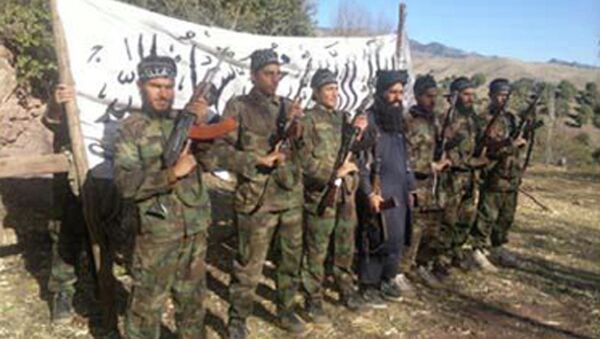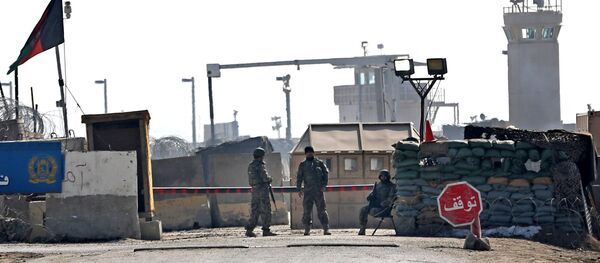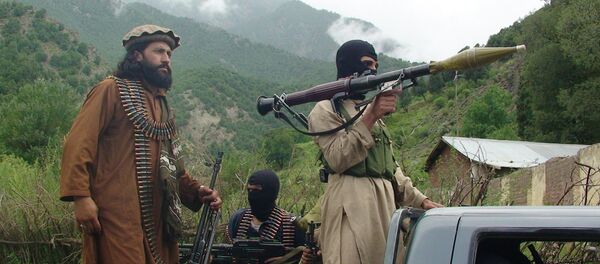“If some Islamist radicals [in Afghanistan] take up the ISIL [Islamic State of Iraq and Syria] banner, they would get a higher profile and perhaps be able to recruit people and gather funds more easily,” Independent Institute Center on Peace and Liberty Director Ivan Eland said.
The situation would likely deteriorate only at the margins from a partnership with the ISIL, Eland argued, because radical Taliban and Al Qaeda fighters have already established a strong base in Afghanistan.
National security lawyer Bradley Moss said the various terrorist elements within Afghanistan could form an informal and temporary alliance with the ISIL that would help them in attracting more people and funds.
If the Islamic radical force becomes strong enough to topple the Afghan government, the spillover effect could bring the threat of Islamic radicalism to Russia’s doorstep, Moss said.
Eland also warned that Russia’s security might be adversely affected because Islamist radical advances in Afghanistan could spill over the border and destabilize Russia’s neighbors.
US officials have said that the ISIL presence in Afghanistan is still insignificant, although they are aware of efforts by Taliban members to rebrand themselves as ISIL affiliates.
The ISIL militants have seized large areas of Iraq and Syria and have declared a caliphate there, attracting thousands of foreign fighters. Armed groups in other Muslim-majority countries, including Pakistan and Libya, have announced their allegiance to the ISIL.





